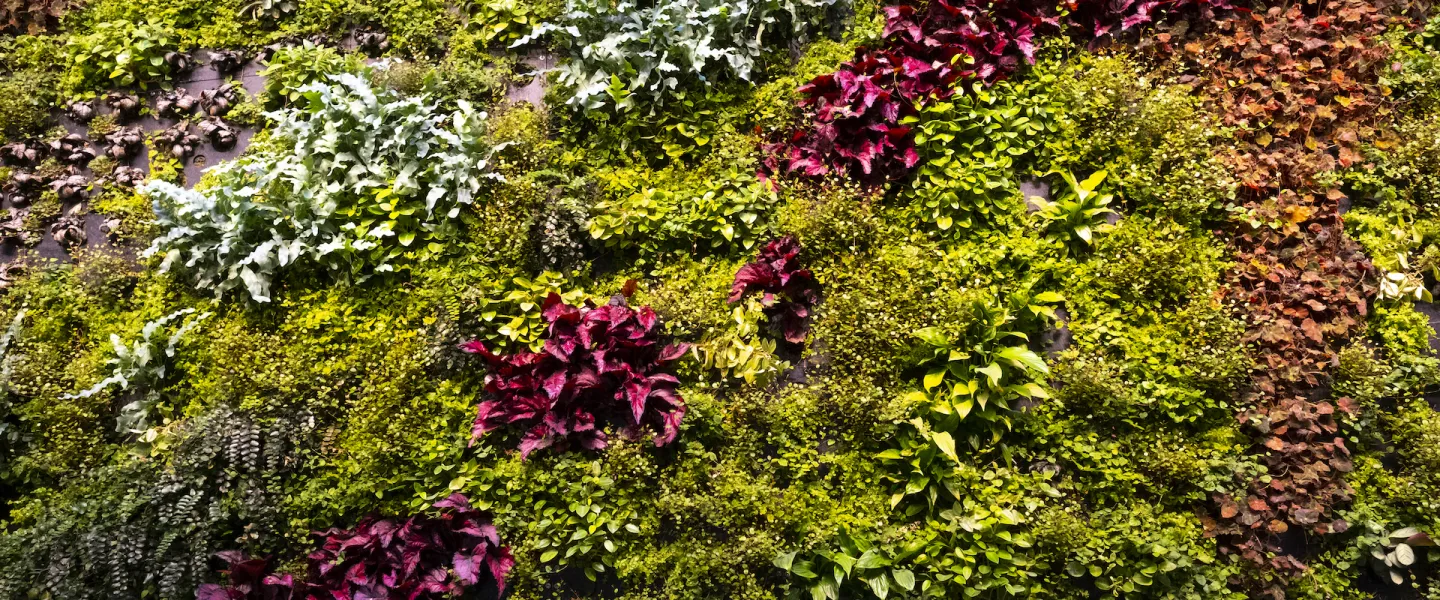
The University of Iceland is a community of staff and students and one of the largest workplaces in Iceland. UI is in a good position to have a positive impact on society. The environmental impact of operating a large institution like UI is considerable. UI aims to minimise the negative effects of its operations. Sustainability and diversity is one of the four main priorities of UI's comprehensive strategy, UI26.
Below are some suggestions on how you can live a green lifestyle.